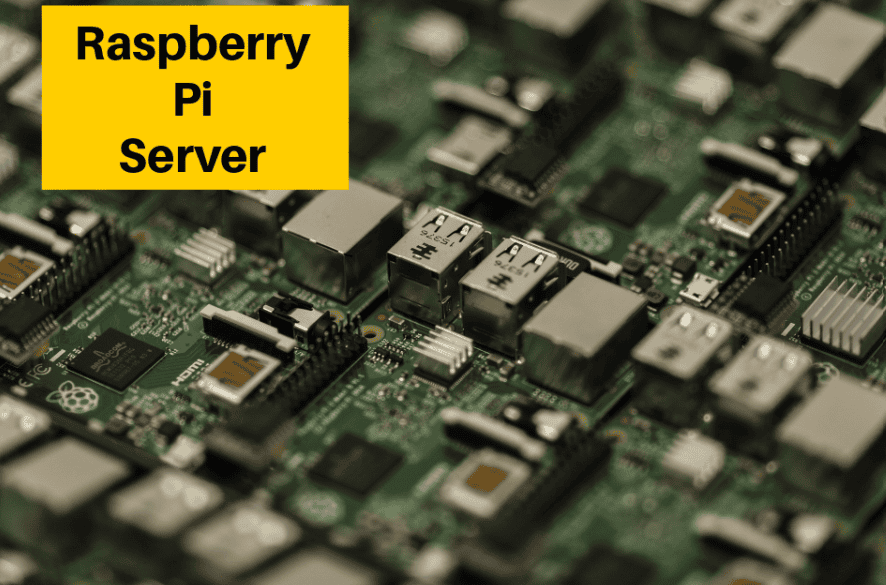
What is a server? MUO outlines “the most common understanding of a server: a computer that stores data that you need to access.” You could opt to have a server in your home, at your workplace, or even — as permitted by the internet — in a remote setting.
However, you might not have realised how effectively a Raspberry Pi can act as a server. Here are some of the major reasons why you ought to build a server around this programmable little computer board…
A Raspberry Pi is delightfully affordable
How inexpensive is it exactly? Well, even the flagship Raspberry Pi 4 Model B’s price tag is just £40 including VAT when the unit is bought from online retailer The Pi Hut.
Furthermore, that would be just a one-off price. If you ask a third-party company to provide you with a hosting package, you could need to spend at least £80 a year for it. Yes, that hosting plan might come with add-ons, but the Pi can still work out as much better value overall.
There are many different types of servers that can be made with a Raspberry Pi
You might be happy with a server that is largely used just for digital storage purposes. However, it is a great testament to the sheer versatility of the Pi that it can be used for other kinds of servers, too.
For example, a Pi-based server can be used for running numerous open-source games, such as Minecraft, as well as streaming video and music content to other devices in the building.
Raspberry Pis are amazingly power-efficient
Let’s look back at the example of the Raspberry Pi 4 Model B. MUO explains that this particular Pi iteration “consumes around 2-4 watts (depending on available IO and background processes) while idle, and this can mean huge savings on your power bill.”
A Pi-based server can be eco-friendly, too
We have already implied one of the reasons why: a Raspberry Pi-based server can expend energy much more efficiently than a ‘standard’ server. This can be one that a web hosting provider would use if you indeed opted to take out a hosting plan from this kind of company.
The organisation SustainableWWW also makes this important point: “Many households today (at least in Europe) are running on 100% renewable energy and many data centres are not.”
You could therefore help to keep your carbon footprint reined in if you run your website on a Raspberry Pi at home. Nonetheless, you should remember to check if your particular household would indeed be entirely powering this server with renewable energy.
The Raspberry Pi would give you full control over the server
When you buy a Raspberry Pi to use as a server, this server can genuinely belong to you, rather than be owned by another company and tucked away in a remotely situated data centre.
Hence, you would have more freedom to make upgrades and tweaks to the server, like updating the operating system or adding an SSD, as and when necessary.
